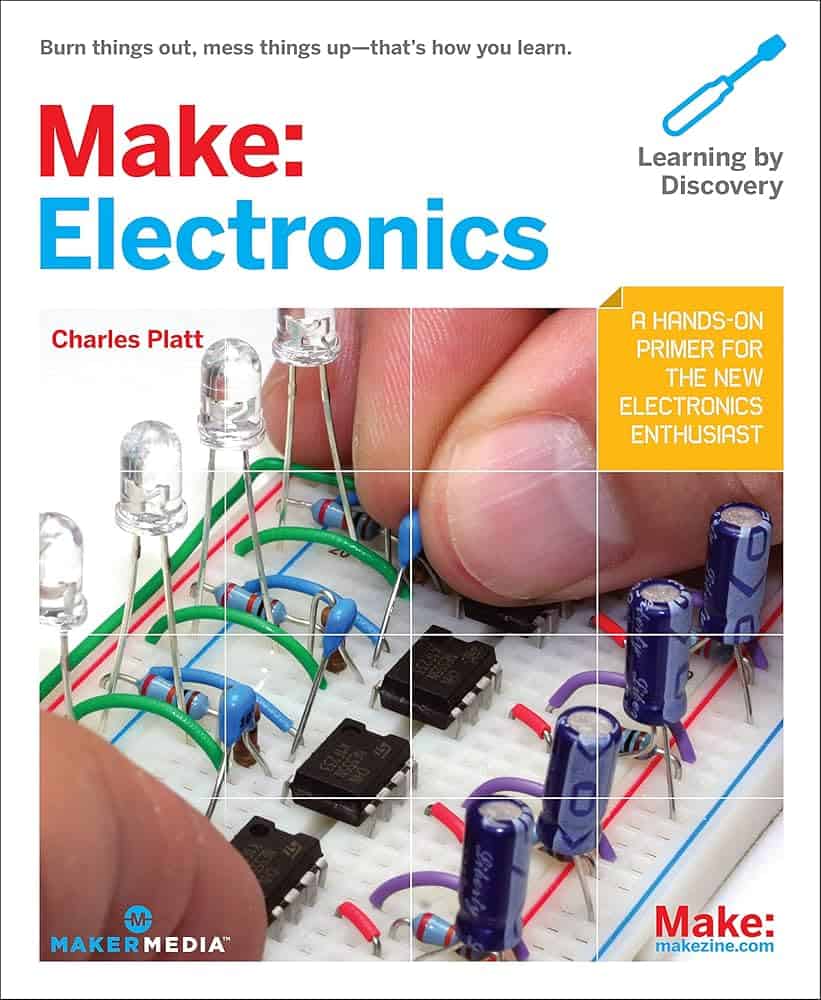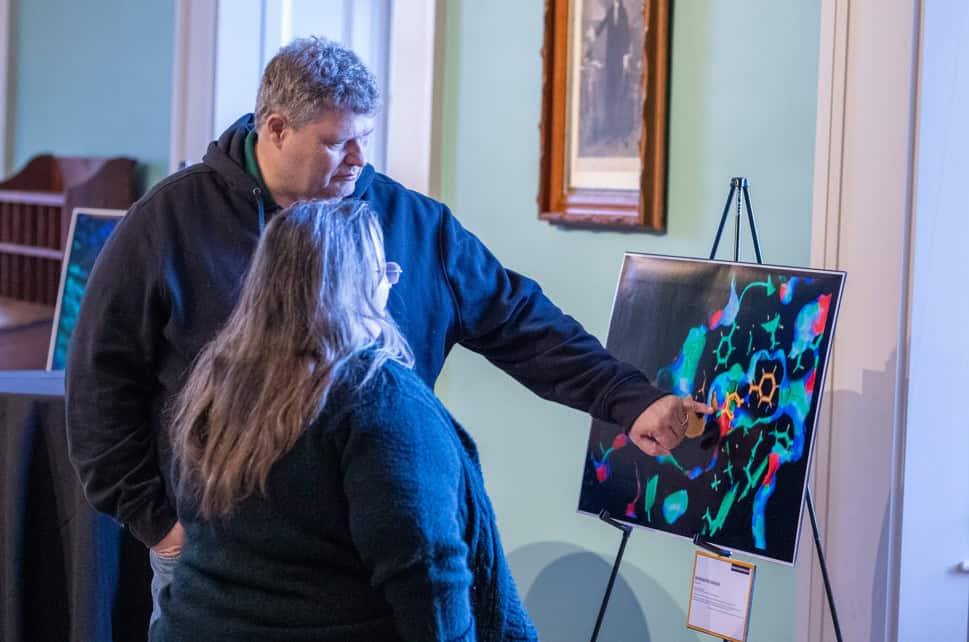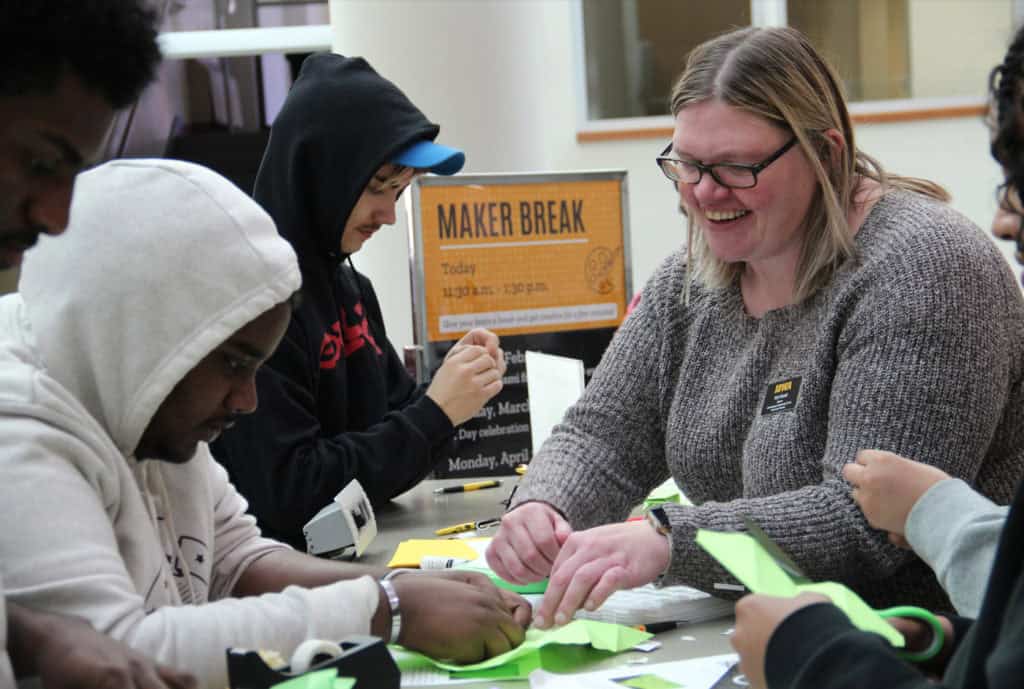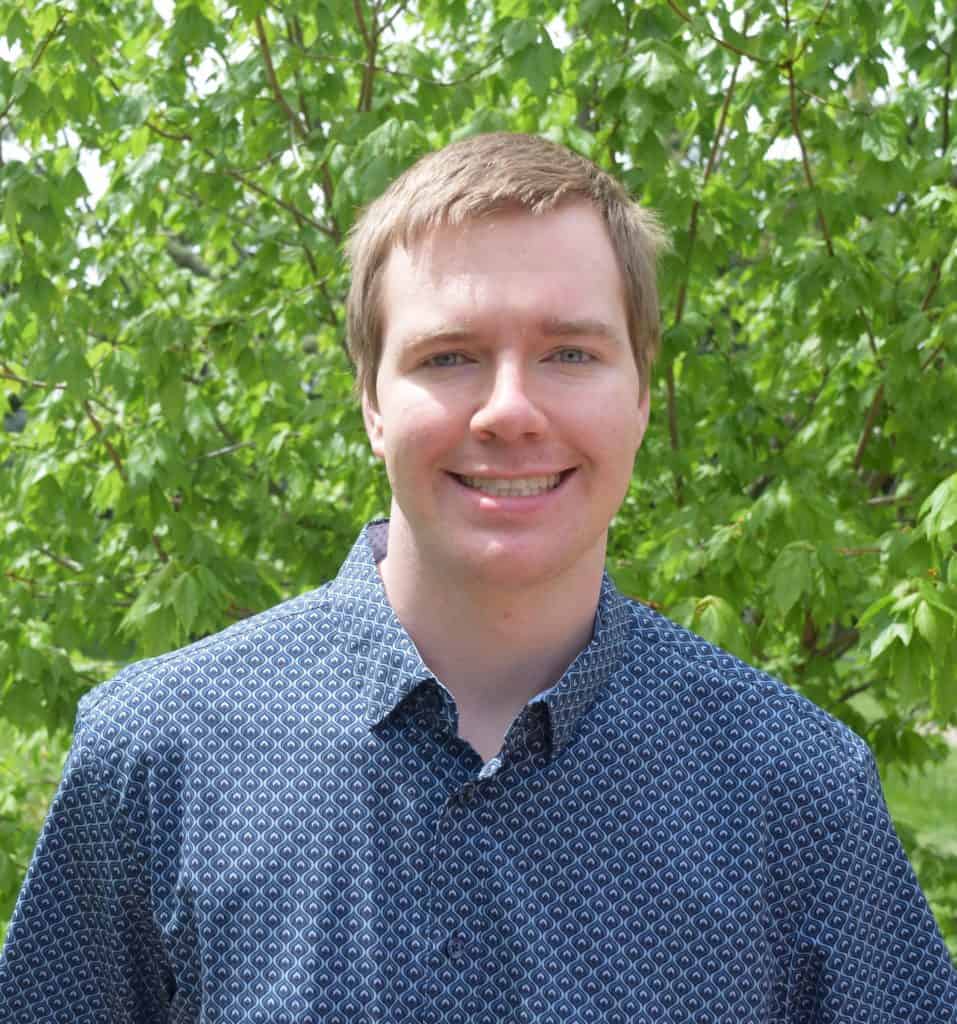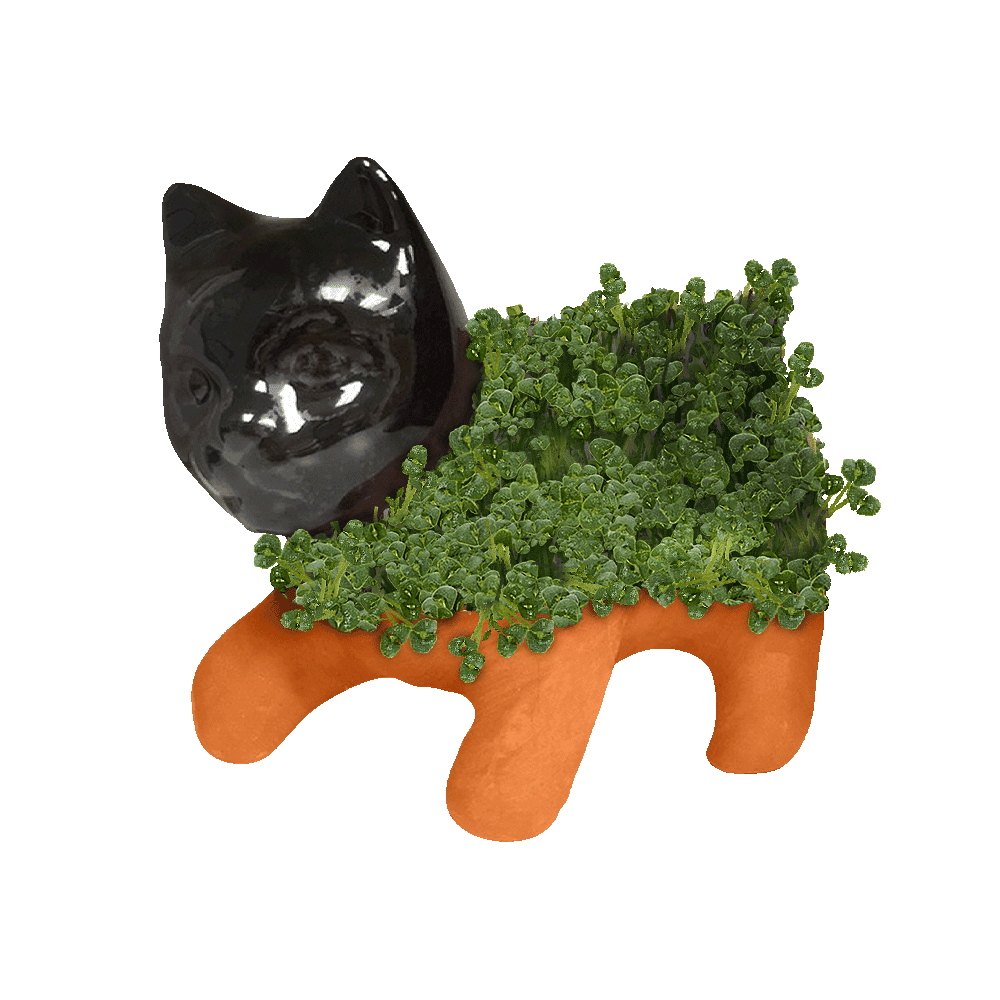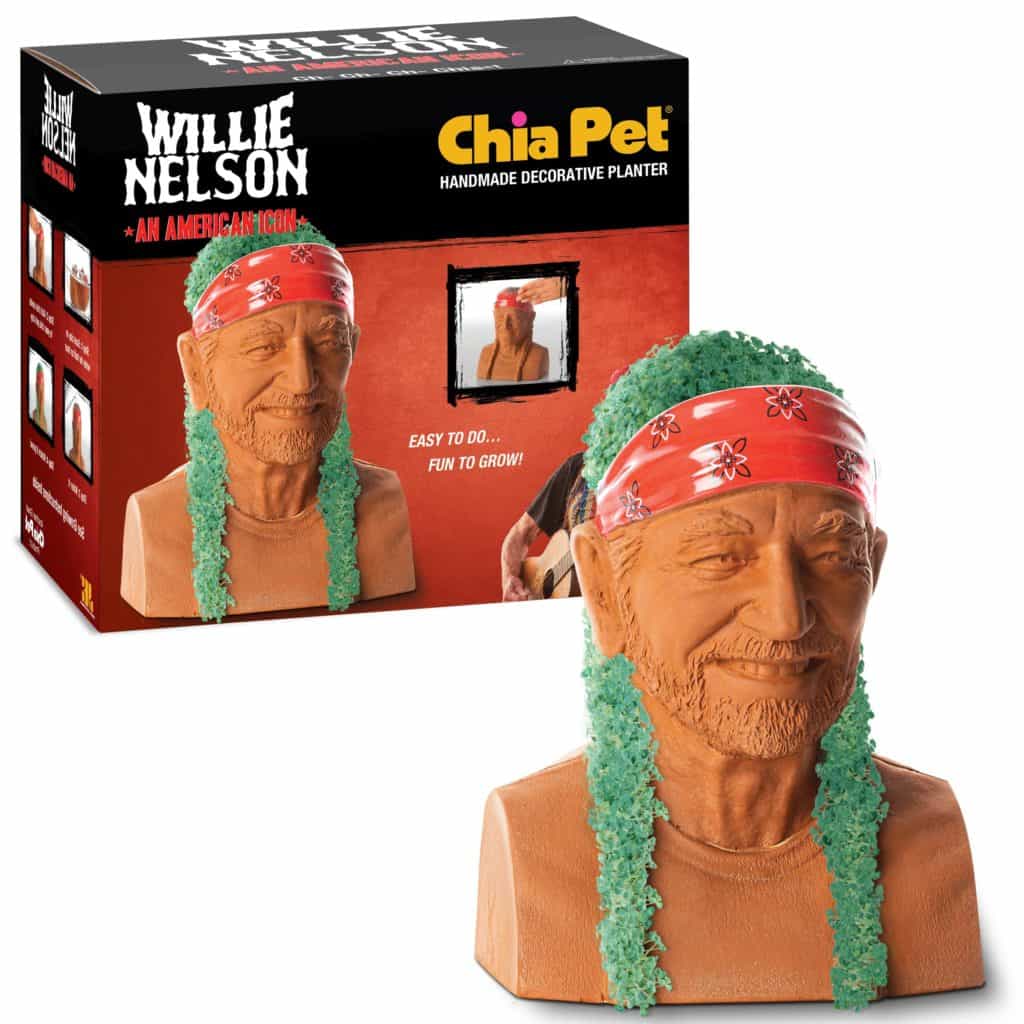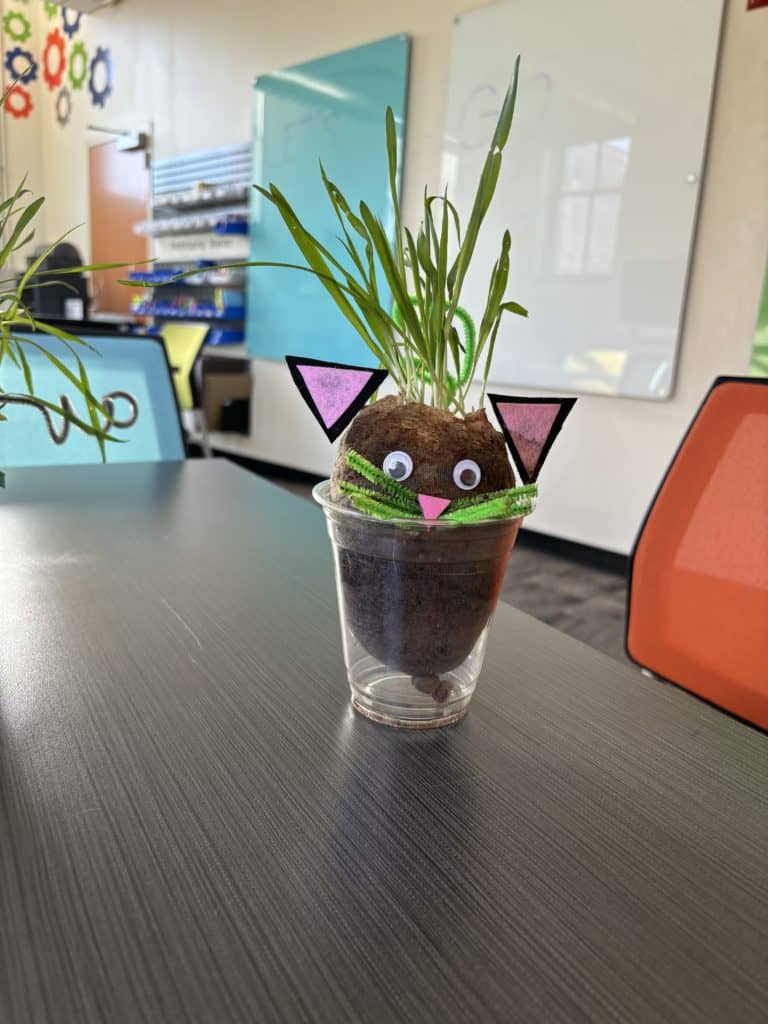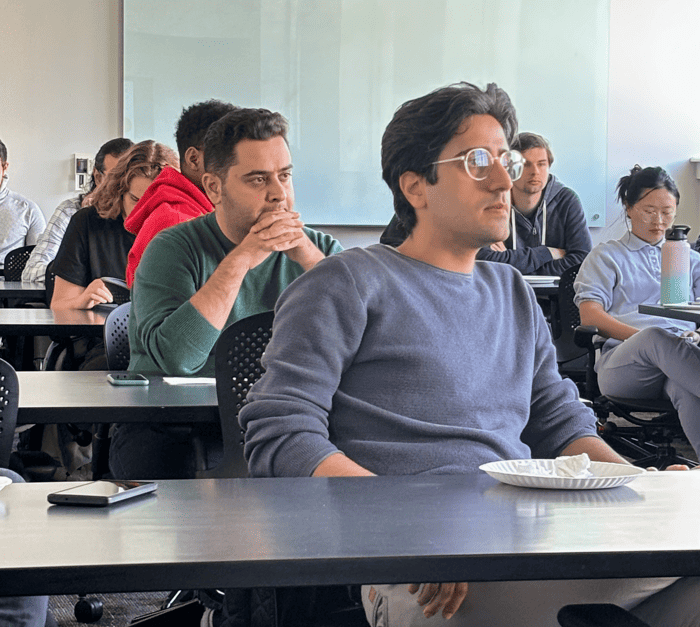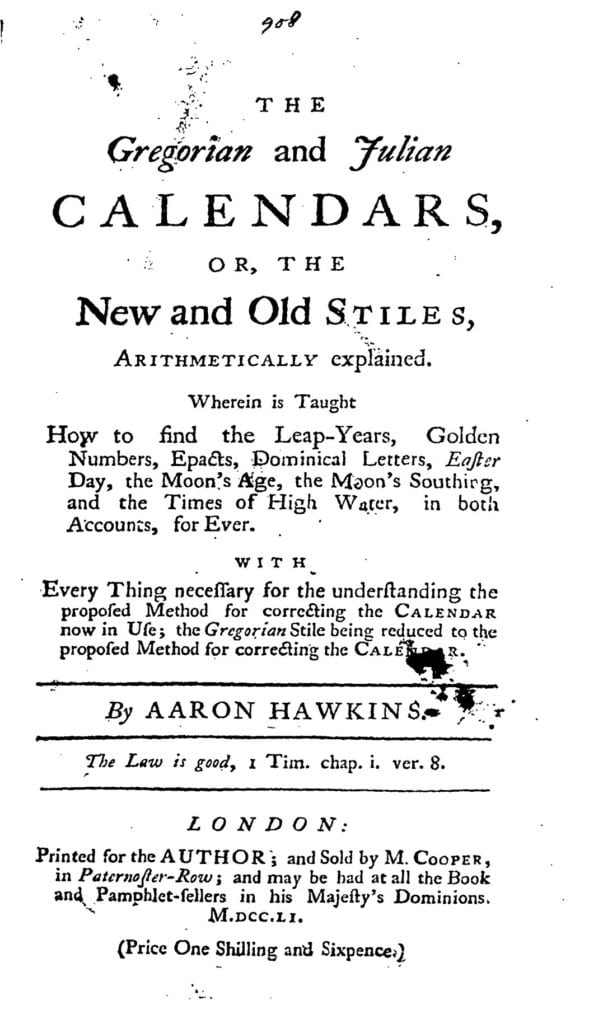Happy Pi Day (3/14)! Celebrate this captivating constant by reading some books on pi from our collection. There’s a book for every kind of pi fan.
For the curious newcomer
Π: a biography of the world’s most mysterious number by Alfred S. Posamentier & Ingmar Lehmann
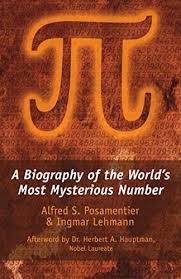
Written for non-mathematicians, the book aims to entertain while enhancing mathematical literacy. It invites readers to appreciate the beauty and intrigue of pi, transcending its simple numerical representation. Prepare to be amused by quirky examples of people’s fascination with pi. Did you know that there was even an attempt to legislate its exact value? The book uncovers such delightful anecdotes.
The Pleasures of Pi,e and other interesting numbers by Yeo Adrian
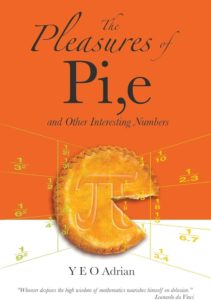
This book offers a delightful blend of mathematical exploration, historical context, and enjoyable storytelling. Whether you’re a math lover or someone who once dreaded math class, this book promises an engaging experience!
For the mathematics enthusiast
Visions of Infinity: The Great Mathematical Problems by Ian Stewart
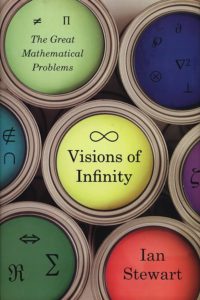
In this illuminating exploration, you’ll encounter historical enigmas like Fermat’s last theorem, which took centuries to crack, and the Poincaré conjecture, pivotal in understanding three-dimensional shapes. While some problems yield to modern techniques, others remain tantalizingly unsolved.
An Equation for Every Occasion: fifty-two formulas and why they matter by John M. Henshaw
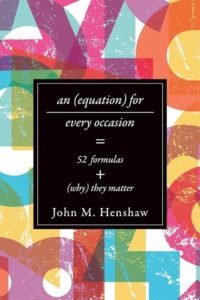
From the famous E = mc² to lesser-known equations like those determining sunscreen SPF, this book reveals the power and utility of math, making it an entertaining read for anyone curious about the far-reaching impact of mathematics.
For the mathematical historian
Mathematician William Jones made geometry class easier with the use of the symbol “π” to represent the number then known as Archimedes Constant or even as “quantitas in quam cum multiflicetur diameter, proveniet circumferencia (the quantity which, when the diameter is multiplied by it, yields the circumference)”. The use of the symbol was popularized by influential mathematician Leonhard Euler. Learn more about Euler with these books:
Leonhard Euler by Emil A. Fellmann
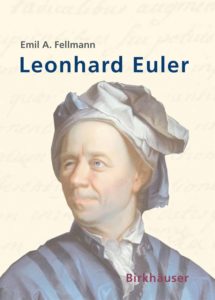
Read about the life and times of this prodigiously productive mathematician. Follow his work from Basel to Petersburg to Berlin and learn about the people and places who shaped this man, who in turn shaped our modern world.
Dr. Euler’s Fabulous Formula Cures Many Mathematical Ills by Paul J. Nahin
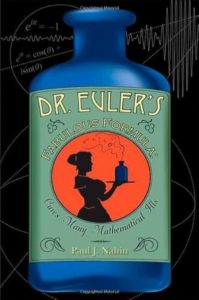
This book shares the fascinating story of a groundbreaking formula that has long been regarded as the gold standard for mathematical beauty. This formula continues to inspire research, discussion, and even the occasional limerick. The book delves into the heart of complex number theory, exploring the many applications of complex numbers alongside intriguing stories from the history of mathematics.
You can find these books and more in a special Pi Day display on the main floor of the Engineering Library. Drop by and check one out!
And don’t worry, we’ve planned something special for after the break, too. Join us on March 18 for our Pi Day celebration. We will have individually wrapped apple pie bites (available while supplies last) and you can join us between 11:30 a.m. and 1:30 p.m. in the Seamans Center Student Commons to make your own zoetrope!

